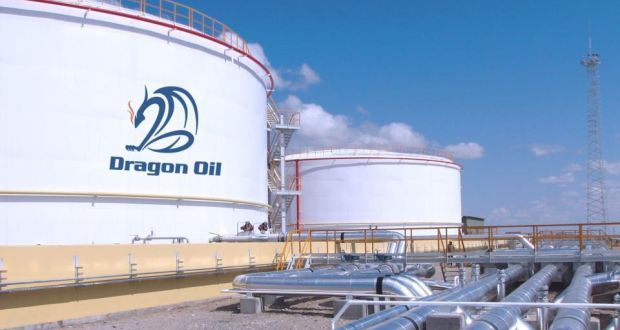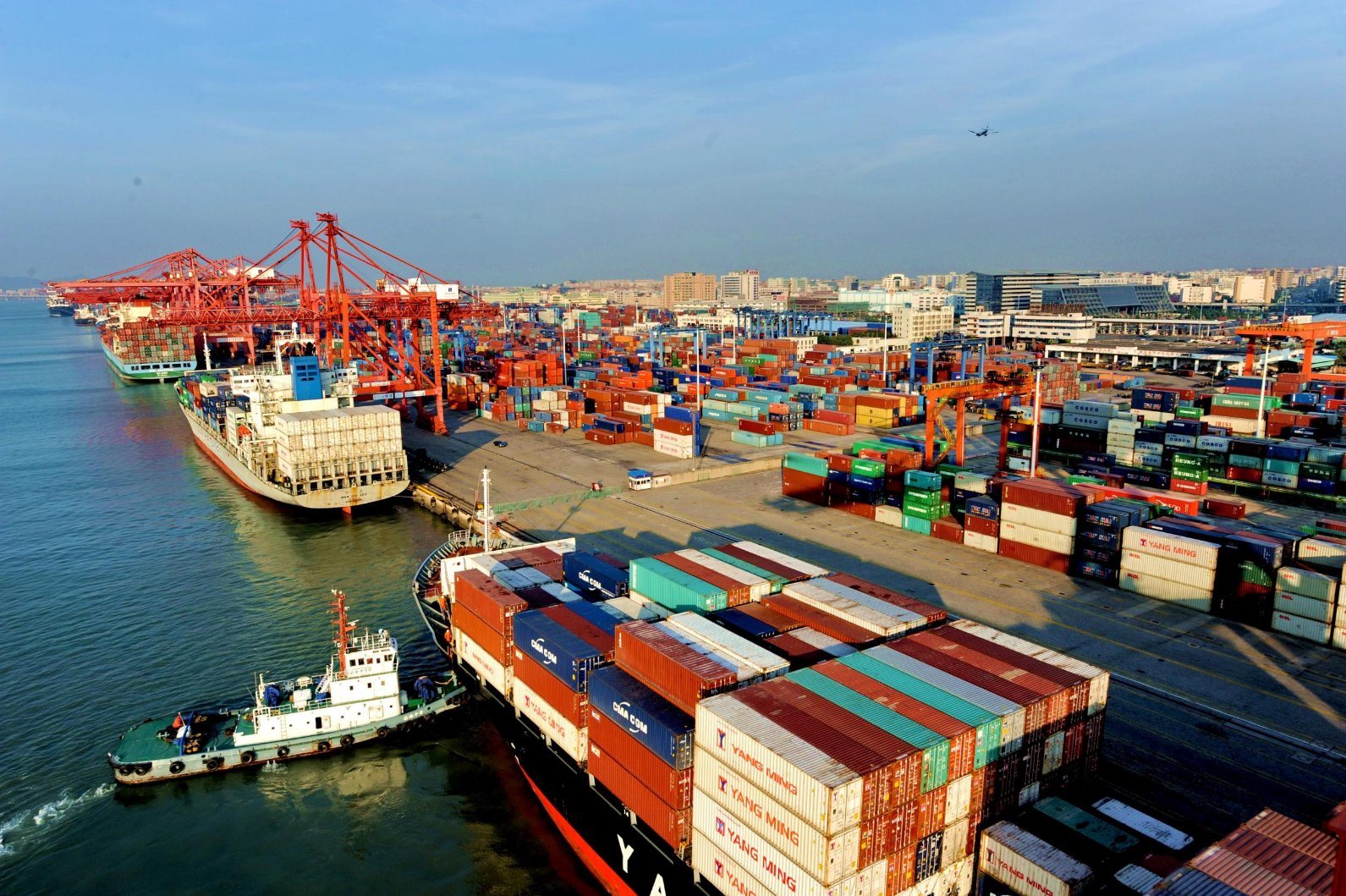Oil falls as Saudi Arabia reassures market on supply
Share

Oil prices fell on Tuesday after Saudi Arabia said it could supply more crude quickly if needed, reassuring investors ahead of U.S. sanctions on Iran’s crude exports that start next month.
Benchmark Brent crude oil LCOc1 fell $1.51 a barrel to a low of $78.32, down 1.9 per cent and below its 50-day moving average for the first time in two months, before recovering a little to around $78.35 by 1050 GMT.
U.S. light crude CLc1 dropped $1.27 a barrel to a low of $68.09 and then recovered to trade around $68.26, down $1.10.
U.S. sanctions on Iranian oil begin on Nov. 4 and Washington has said it wants to stop all of Tehran’s fuel exports, but other oil producers are pumping more to fill any supply gaps.
Saudi Energy Minister Khalid al-Falih told a conference in Riyadh on Tuesday the oil market was in a “good place” and he hoped oil producers would sign a deal in December to extend cooperation to monitor and stabilise the market.
“We will decide if there are any disruptions from supply, especially with the Iran sanctions looming,” Falih said.
“Then we will continue with the mindset we have now, which is to meet any demand that materialises to ensure customers are satisfied.”
Falih said he would not rule out the possibility that Saudi Arabia would produce between one and two million barrels per day (bpd) more than current levels in future.
The chief executive of Saudi Aramco, Amin Nasser, said it would take the kingdom only three months to reach its maximum production capacity of 12 million bpd if needed.
The statements followed concerns that Saudi Arabia might cut crude supply in retaliation for potential sanctions over the Khashoggi killing. Falih said on Monday there was no intention of doing that.
Economist Intelligence Unit energy analyst Peter Kiernan said it would be self-defeating for Saudi Arabia to cut oil supply, as it would risk losing market share to other exporters while losing its reputation as a stable player in the market.
Despite this, Sukrit Vijayakar, director of energy consultancy Trifecta, said markets were wary of the impact of U.S. sanctions on Iran’s oil sector, estimating sanctions could impact up to 1.5 million barrels per day of supply.
South Korea’s crude imports from Iran fell to zero in September, data from state-run Korea National Oil Corp showed on Tuesday.
U.S. crude oil production C-OUT-T-EIA has climbed by almost a third since mid-2016 to around 11 million barrels per day, and rising drilling activity points to further increases.
Investors have been curbing their exposure to oil markets by shutting long positions in crude futures, with fund managers cutting their combined positions by 187 million barrels in the last three weeks, according to exchange and regulatory data. (Reuters/NAN)















